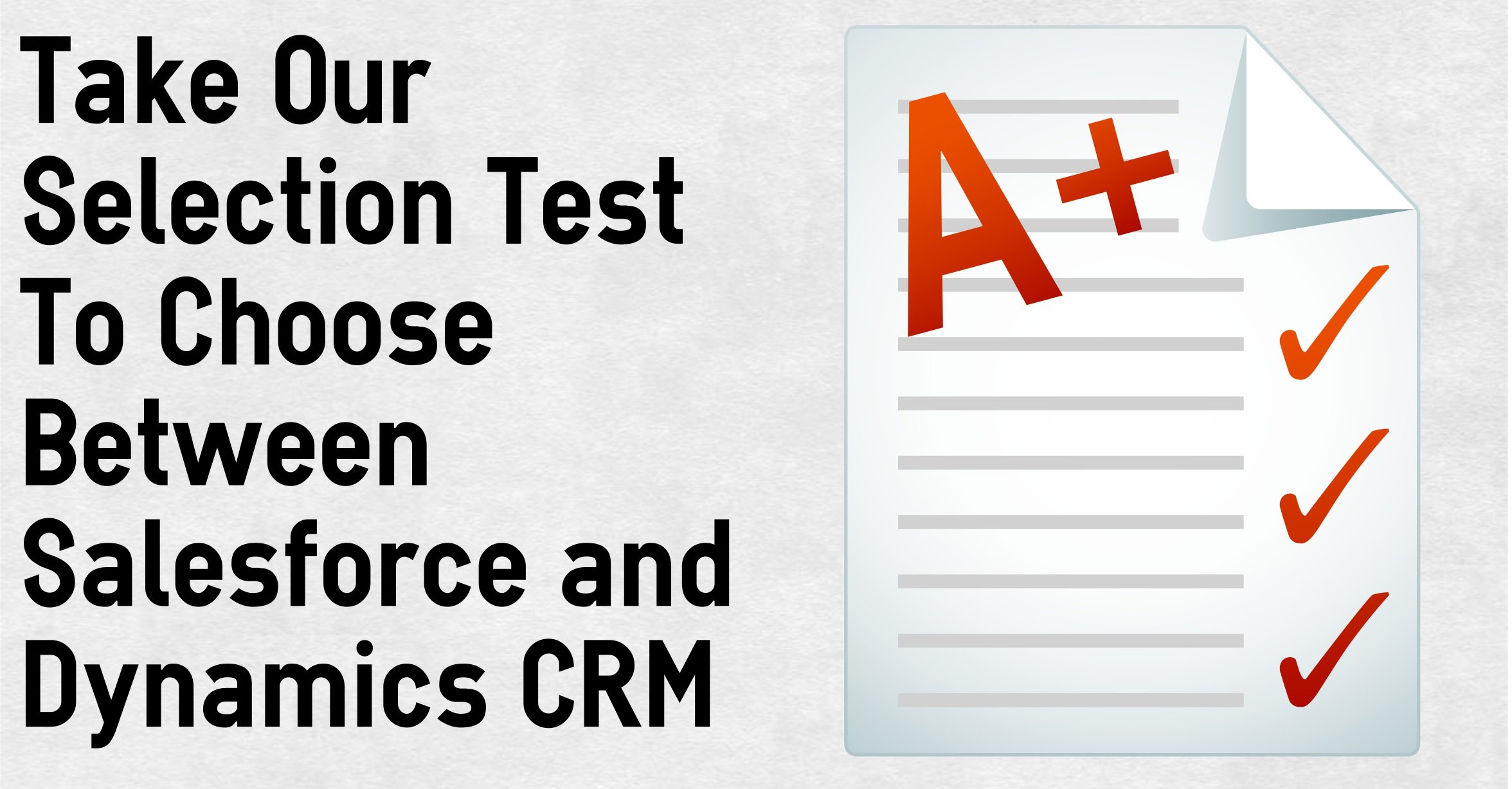
One of our most popular posts of all time pitted Salesforce and MS Dynamics against each other in a CRM software showdown. Over our years of work as a software consultancy business, we have found that a lot of organizations end up evaluating these two CRM systems as their final choices. In fact, it’s very common that some organizations even replace one with the other (a case study of one example here). However, if businesses can determine the right fit for their organization—and business practices—up front, there should be no need to explore CRM selection again in the near future and go through the lengthy (and expensive) process of CRM implementation all over again. In our updated round of Salesforce vs. Dynamic’s Software Showdown 2015 posts, we also noted that this year’s updates have made picking the two competitors harder than ever. While Salesforce had previously been unparalleled in mobile capability, the all-new MS Dynamics mobile app may just have them hot on Salesforce’s heels. What’s more, it seems like the two rivals have even partnered up to provide more robust MS integration for Salesforce’s newest Sales Cloud Winter release.
It’s no surprise that many businesses have trouble making this determination for themselves. Threads like this one pop-up on LinkedIn all the time, and while all the information can be valuable, it can often get convoluted and biased very quickly depending on if past users have had bad experiences with the software (which may have not been the software’s fault) or are working within the vendor’s company.
As a certified partner of both CRM systems, we are not only extremely familiar with each vendor’s software, but we are also completely neutral in this selection process for our customers and have been through it many times. The questions that end up being asked during that process are almost always the same. That’s why when it comes down to selecting the right tool for the right job for your CRM project, we’ve put together an informative e-book to determine which may be the better fit for their company and where to focus the efforts of their CRM search.
The Right Tool for the Right Job
It probably can’t be overstated enough, these two systems are not an apples to apples comparison. Each system has very different areas and capabilities that they excel in that their competitor does not focus on. Deciphering which is the best for your organization is really about using the right tool for the right job—and you have to really understand the job you’re trying to do before you can select the tool! It’s crucial that you create a holistic and thorough model of all your unique business processes and tasks that you will need your CRM to support before you even begin trying to decipher which one you should pick.
Prior to digging into all the details, it’s probably important to mention that these two tools are ever-evolving in a “best CRM” arms race that is occurring between both Microsoft and Salesforce, as is reflected in the 2015 updates that totally changed the playing field in many ways. As always, we will continue to keep these posts updated – and relevant – as changes are made to each respective CRM system so that you are always making the most informed decision when you pick a CRM.
As you might expect, Salesforce and MS Dynamics are both fantastic systems; however neither is a best overall CRM solution for every business. Depending on your business and preferences – there is a good chance that one is a much better fit for your business than the other. Our goal is to help you drill that down and understand what kind of factors you are prioritizing in your search so you know how to frame your search.
To make choosing a CRM even easier, connect with our experts to decide which CRM is best for your business.


